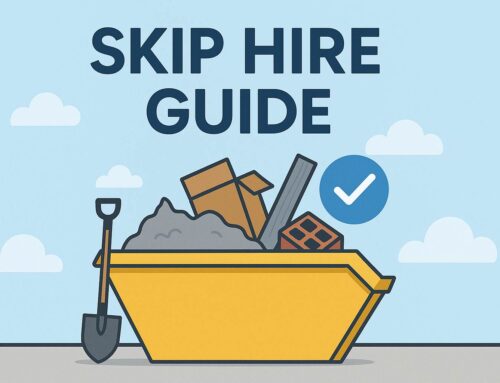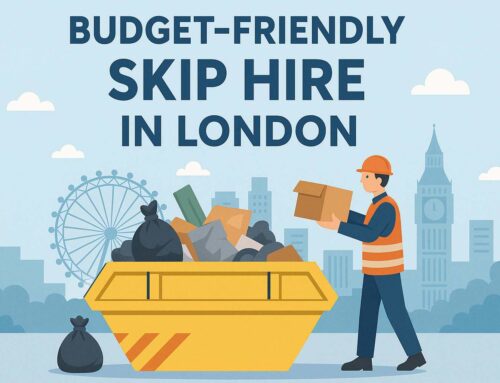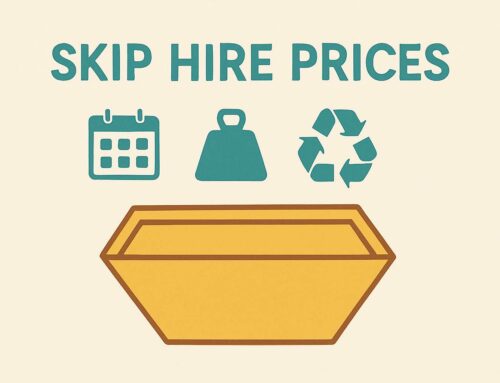What You Can and Can’t Put in a Skip and Why It’s Important to Know?
Knowing what you can and cannot put in a skip is essential to deal with trash and follow the law correctly. It can hurt the environment, get you in trouble with the law, and cost you more money to throw things away the wrong way. JN Skips is known in Mitcham for having reliable small skip hire services at Affordable Skip hire prices that are easy on the wallet. They are now giving customers this helpful guide to help them use skips smartly, ensuring safe and proper trash removal.
A Closer Look at What You Can Put in a Skip
Waste from the home and garden
You can put most of your home trash in a skip, like furniture, wood, and general junk. You can also use garden trash like grass clippings, leaves, branches, and soil. Working with these materials is easy and usually doesn’t harm the earth.
The trash that comes from building and construction
Trash like bricks, concrete, and dirt is usually thrown away in skips because it is big and heavy. But it would help to be careful with tiles, ceramics, and drywall. One thing that needs to be kept separate is plywood because of how it needs to be thrown away.
Other Things That Are Okay
Fixtures and fittings that aren’t electrical can be put in Mini skip hire. This includes things like plastic and boxes. Some of these things aren’t dangerous, so you can put them in regular trash cans as long as they contain nothing harmful.
What You Can’t Put in a Skip: A Guide to the Rules
Dangerous things
Some things are prohibited in skips because they harm your health and the earth. Asbestos, for example, needs to be thrown away by professionals because it can cause cancer. Chemicals and solvents are prohibited because they can pollute landfills and even get into waterways.
Items and appliances that use electricity
The WEEE (Waste Electrical and Electronic Equipment) Regulations say electrical items and appliances can’t be thrown away in skips. These items must be returned or thrown away at certain places to keep the environment clean and recover valuable materials.
Other Items Not Allowed
Tyres, batteries, petrol tanks, and fluorescent tubes can’t go in skips because they pose risks and must be handled in a certain way. For example, tyres can hurt landfills and release chemicals that harm the environment.
What to Do with Banned Items
What Can You Put in Local Recycling Centres?
Most things that aren’t allowed can be taken to local recycling centres. These centres have particular areas for safely processing dangerous or hard-to-handle waste. It’s essential to find out what each centre charges and if there are any fees.
Special services can pick up Hazardous waste.
When getting rid of dangerous things like asbestos or chemicals, you must use special removal services that follow the law and protect the environment. These services make sure that hazardous items are safely moved and thrown away.
How to Make the Most of Your Skip
How to Get the Most Out of Your Skip
Plan how to load the skip to get the most out of your skip hire. Put hefty items at the bottom of the skip and fill the gaps with smaller trash items. Be careful not to overfill the skip to avoid extra fees and ensure it can be moved safely.
Sorting trash to make recycling easier
Sorting trash into different piles can help with recycling. Sorting ensures that things are thrown away in the greenest way possible and can help reduce waste handling costs.
Summary:
This guide from JN Skips shows the most important things that can and cannot be put in a skip. It will help you follow the law and protect the environment. Following these rules can eliminate your trash more efficiently, protect the earth, and reduce project costs. Knowing these rules will help you get rid of trash quickly and safely, whether cleaning a house, dealing with garden waste, or working with building debris.




